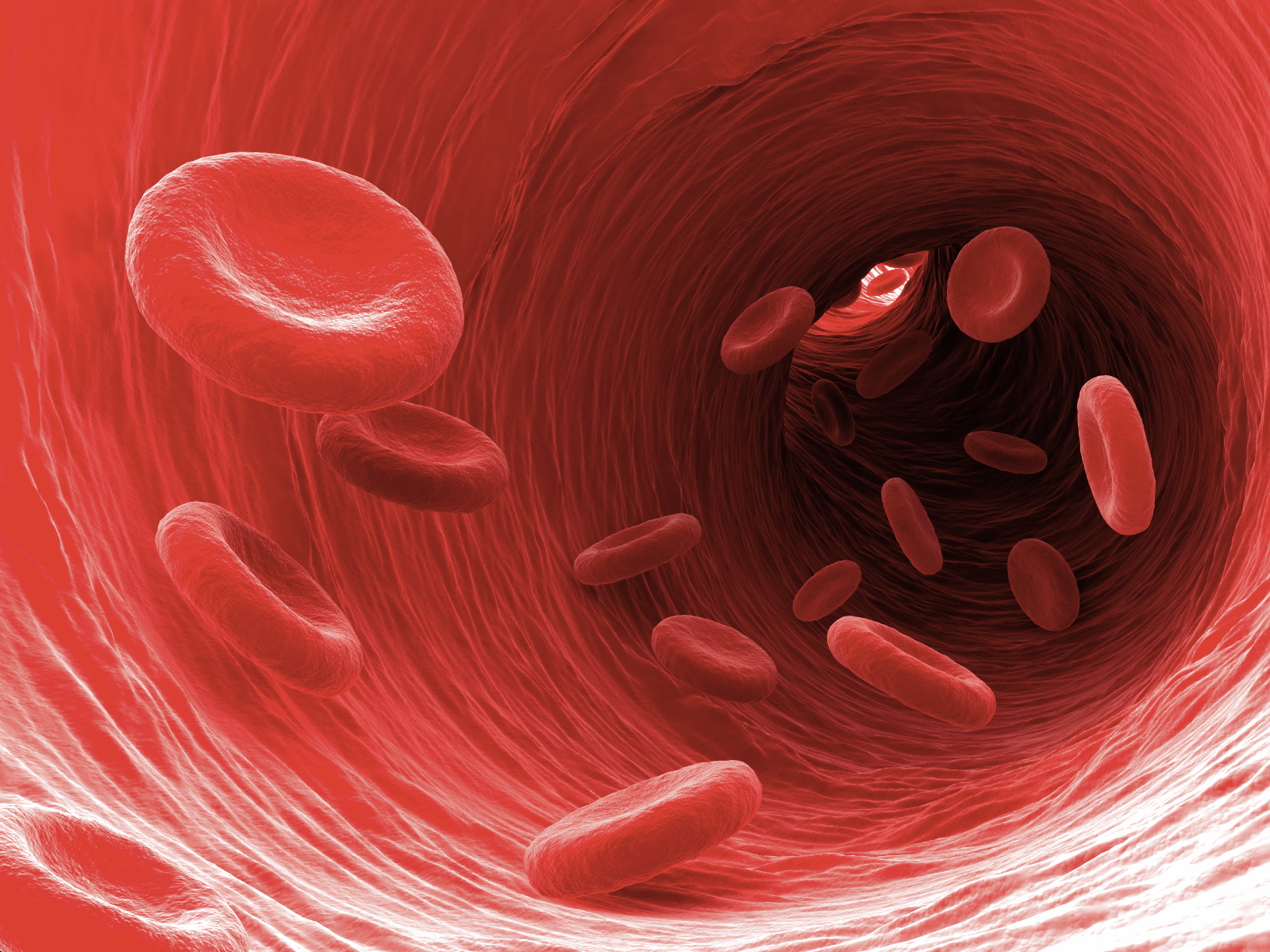
A study funded by Cancer Research UK (CRUK) has found differing immune responses to COVID-19 among cancer patients, with certain cancer patients experiencing similar response to those without cancer, while others took five times longer than average to recover.
The study, undertaken by a team of researchers led by CRUK clinician scientist Dr Sheeba Irshad, shows that the immune response to COVID-19 is the same in cancer patients with solid tumours when compared to individuals who do not have cancer. The researchers set out to address two key questions revolving around COVID-19 and cancer care – first, if the immune response to COVID-19 in cancer patients differs to those without cancer; and second, to discover the long-term impact of COVID-19 on the immune systems of cancer patients.
To do this, the researchers analysed the blood of 76 cancer patients, including 41 who had COVID-19 and 35 who had not been exposed to the virus.
Of the participants with cancer, 23 had solid tumours and 18 had blood cancer. The samples from the cancer patients were compared to samples from the blood of people who didn’t have cancer and who were already taking part in the previously published COVID-IP study.
The COVID-IP study examined the impact of COVID-19 on the immune system in cancer patient populations compared to those without cancer.
The CRUK researchers discovered that patients with solid tumours had high levels of COVID-19 antibodies that were sustained for up to 78 days following initial exposure to the novel coronavirus.
The study also found that when these patients had recovered from COVID-19, their immune systems returned to pre-COVID-19 functioning.
However, the researchers also found that blood cancer patients had differing responses to the virus, with some taking up to 90 days to recover after the initial signs of infection.
Participants with B cell-related blood cancer fell into three groups of responses to COVID-19 infection. The first group developed antibodies and cleared the virus, similar to the response seen in solid tumour cancer patients and people without cancer.
The second group did not develop antibodies, even after >75 days after first exposure to the virus and they continued to be unable to clear the virus.
The final group developed antibodies against COVID-19 but still remained unable to clear the virus from their system.
“While we need to maintain caution, our study provides some confidence and reassurance to care providers that many of our patients with solid cancers will mount a good immune response against the virus, develop antibodies that last and hopefully resume their cancer treatment as soon as possible,” said Dr Sheeba Irshad.
